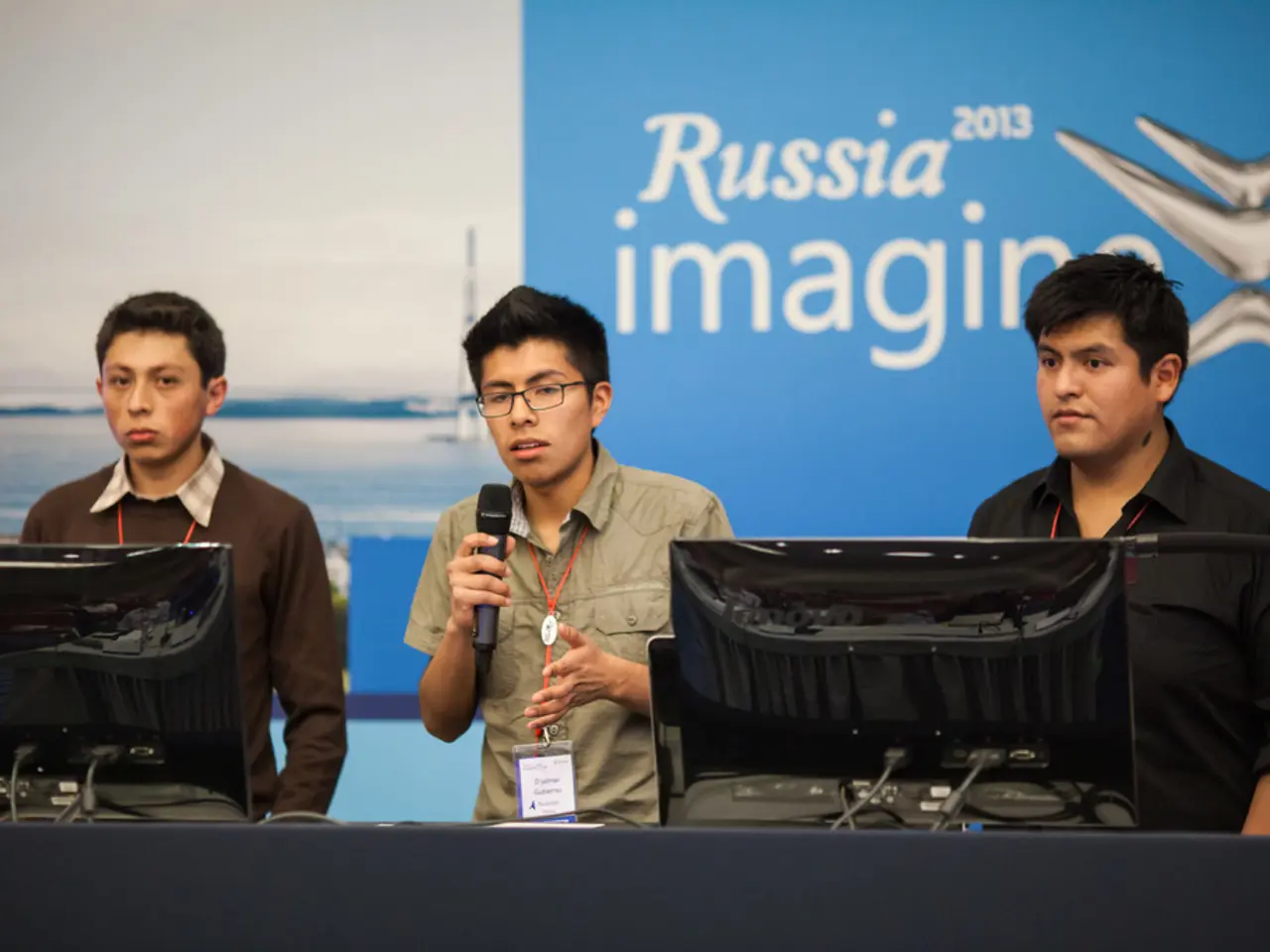Progressing Steps Ahead? Exploring the Implications of the Draghi Report on Europe's Political Landscape
The European Union is facing a significant technological deficit in a challenging geopolitical landscape, according to the recent Draghi report. The document outlines three major challenges for Europe: accelerating innovation, lowering energy prices while decarbonizing the economy, and responding to a more unstable world where Europe can no longer rely on others to guarantee its security.
To build the Defence Union, closer coordination between the Community and intergovernmental levels is essential. The European Defence Fund and other industrial policy instruments could be used to support the European defense industry and encourage it to combine forces. The European Defence Agency, an existing institution, could play a significant role in developing more military research projects, encouraging companies to join forces, and better coordinating the procurement of equipment for European armies.
However, only 18% of orders for European armed forces are placed in a coordinated fashion in Europe, with 78% of equipment used by European armed forces purchased outside the Union. This fragmented and insufficient defense industry is another issue that needs to be addressed.
The financing of investment in the defense industry is another significant challenge. The report suggests that Europe would need to invest around 800 billion euros more each year in private and public money - equivalent to 5% of European GDP - to catch up technologically. Private funding alone is not sufficient to meet this investment requirement.
The debate surrounding the Draghi report has focused on the question of whether or not to create a joint debt of the Union's member states to finance the massive increase in investment. The High Representative of the Union for Foreign Affairs and Security Policy, Kaja Kallas, is contributing to the discussion of the report.
The report also emphasizes the need for a more active European defense industry policy and proposes going further in terms of industrial policy, support for European innovation, and protection of European producers by equipping us with new instruments and devoting a great deal of additional financial resources to them.
Addressing these challenges requires greater integration in key areas such as taxation, foreign policy, and defense, which may require amending the Treaties. Releasing the corresponding public funds at the European level means increasing national contributions or the Union's own resources, and/or issuing joint debt.
The most important factor in tackling climate change lies in emerging and developing countries. These countries will only fully commit to the green transition and adapting to climate change if the developed countries provide them with sufficient support. The report stresses that this will only be possible if sufficient public money is made available to trigger momentum in private investment.
In conclusion, Europe is at a crossroads. The remedy lies in a massive and sustained increase in investment. By working together, the EU can address its technological deficit, strengthen its defense industry, and secure its future in a changing world.
Read also:
- Asthma Diagnosis: Exploring FeNO Tests and Related Treatments
- Treasured Institution, the Smithsonian, Unfalteringly Unscathed by Alterations [column]
- François Bayrou, in a recent disclosure by Mediapart, undertook a renovation project on his city hall office in Pau, costing around €40,000.
- Proposal for a Commission Directive forthcoming








